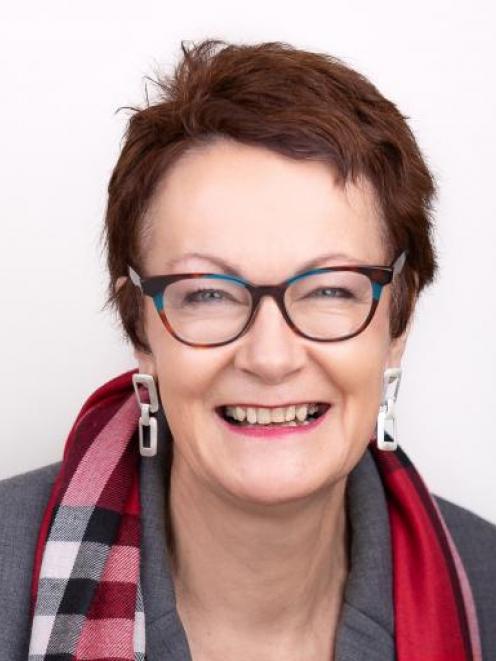
Yesterday, the Local Government Commission determined the number of Dunstan councillors would be raised from four to five, at the expense of one of Dunedin’s six.
The change in representation would be put in place at the next election this October.
Before the decision was finalised, both the Dunedin City Council and Queenstown-Lakes District Councils appealed the final proposal.
DCC deputy mayor Cherry Lucas represented the DCC in a hearing on March 4 with the commission.
She argued that Mosgiel, at present a part of the Molyneux constituency, which includes the Clutha district along with the Mosgiel-Taieri and Strath-Taieri areas, should be moved into the Dunedin ward so the city could retain six councillors.
However, the commission did not "detect a groundswell seeking the change sought," and the issue had received only three responses in regards to that point.
"We are reluctant to make a change with significant flow-on effects... without a wider set of views."
That would also bring the Molyneux constituency to one councillor, which the commission found would impact the ability of the communities of interest to be fairly represented.
Another argument Cr Lucas bought forward was that the loss of a member would lessen the level of advocacy that would be provided for the city.
Public transport was highlighted in particular.
However, the commission reported it was "not convinced by this argument".
"Five members out of a total of 12 members is still a sizable portion of the council, and five members should be able to advocate and put forward a point of view."
The commission found that given the relatively compact size and form of the Dunedin constituency, its representation and needs could be effectively supported by five elected members.
In the QLDC’s hearing with the commission, they argued for the formation of a fifth constituency, breaking the Dunstan ward in two and calling the second the "Upper Lakes" ward.
However, while the commission agreed the ward was growing, it said this split would leave the Dunstan ward under-represented, and so chose to keep the ward as one.









